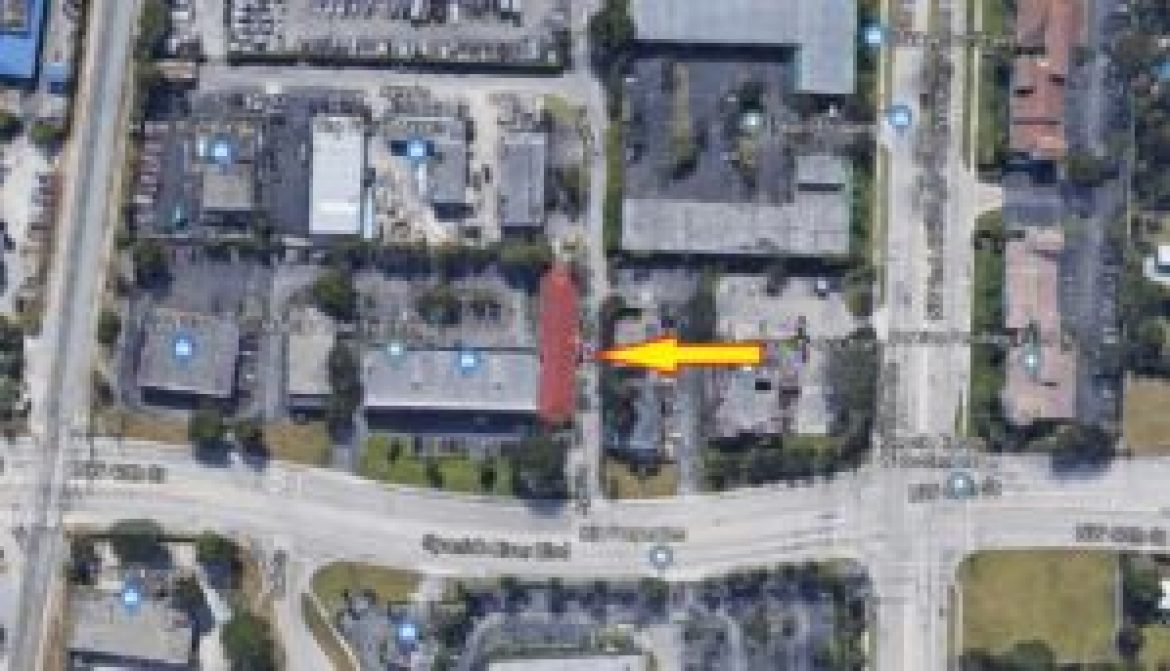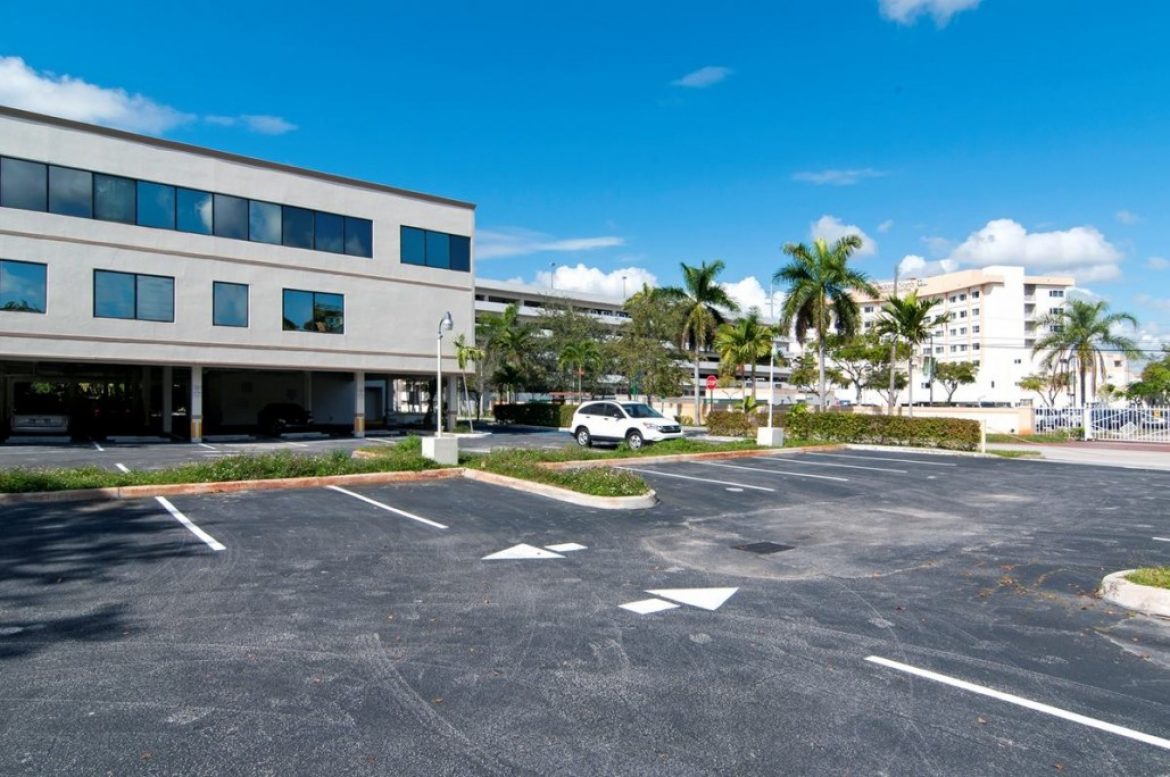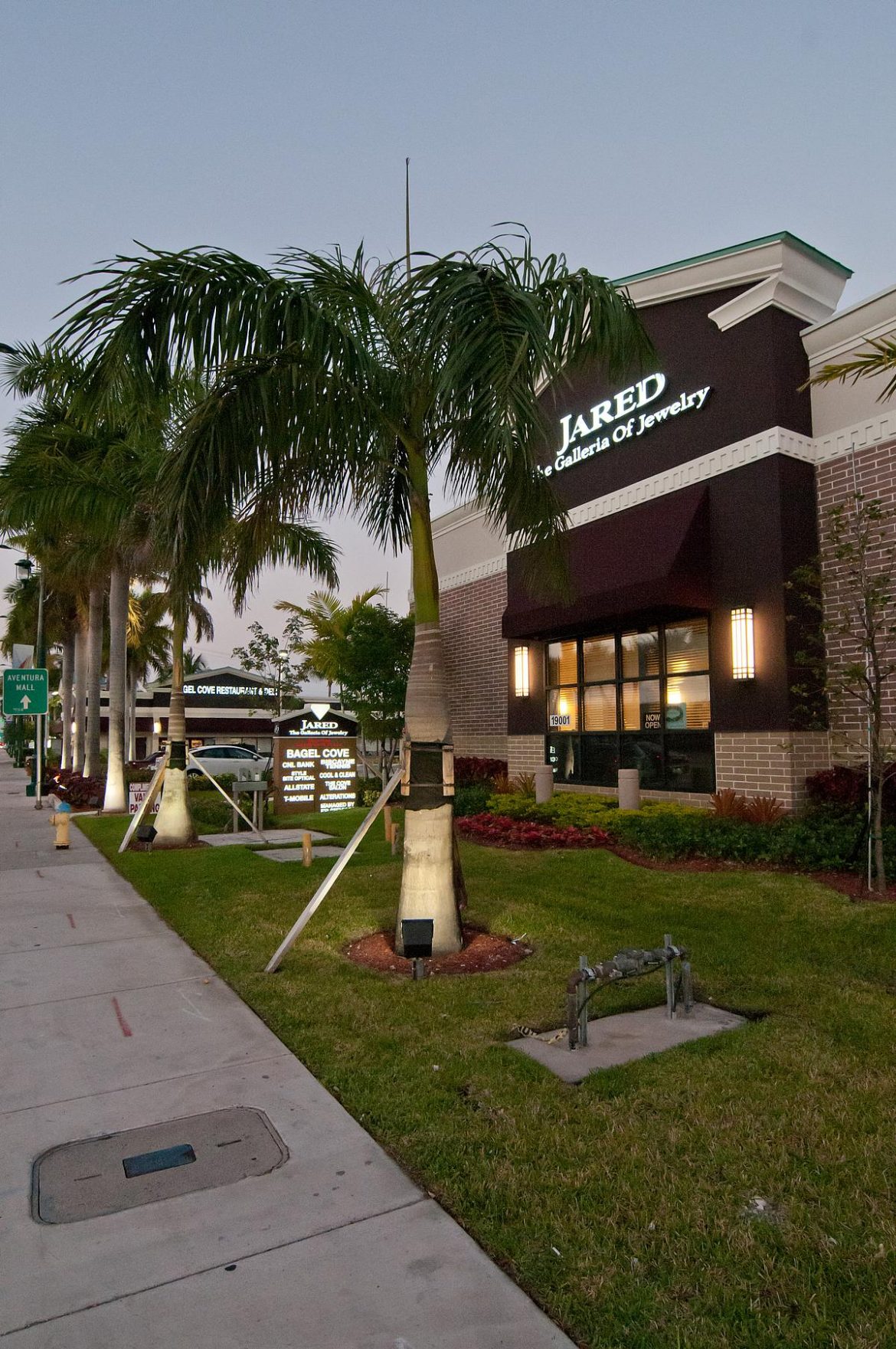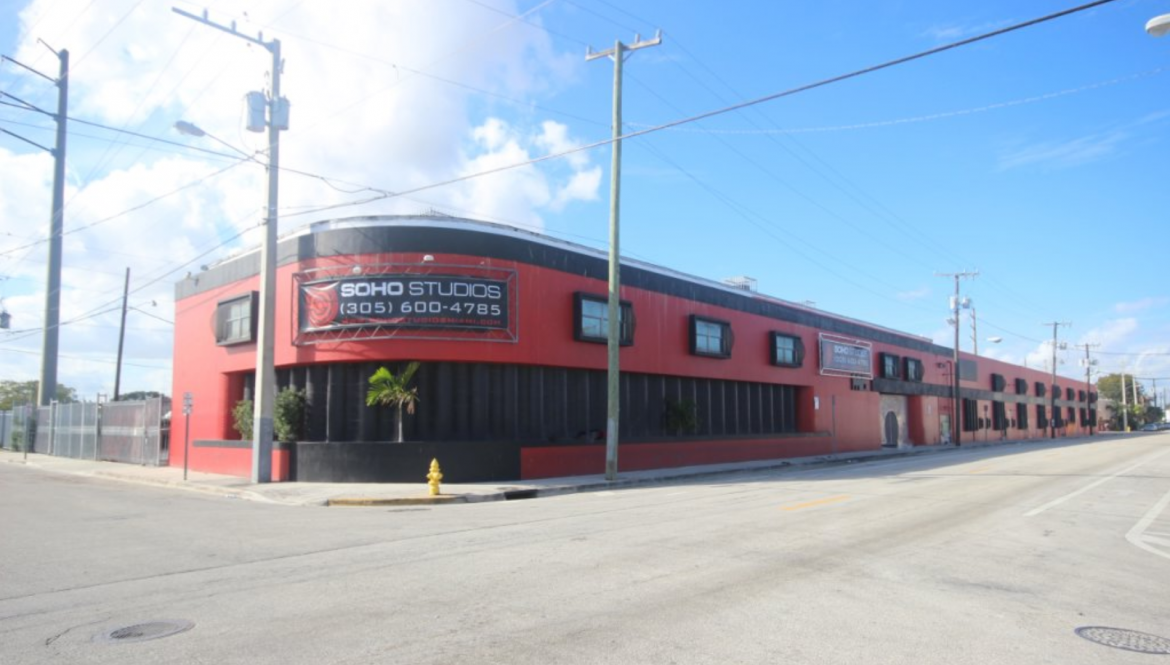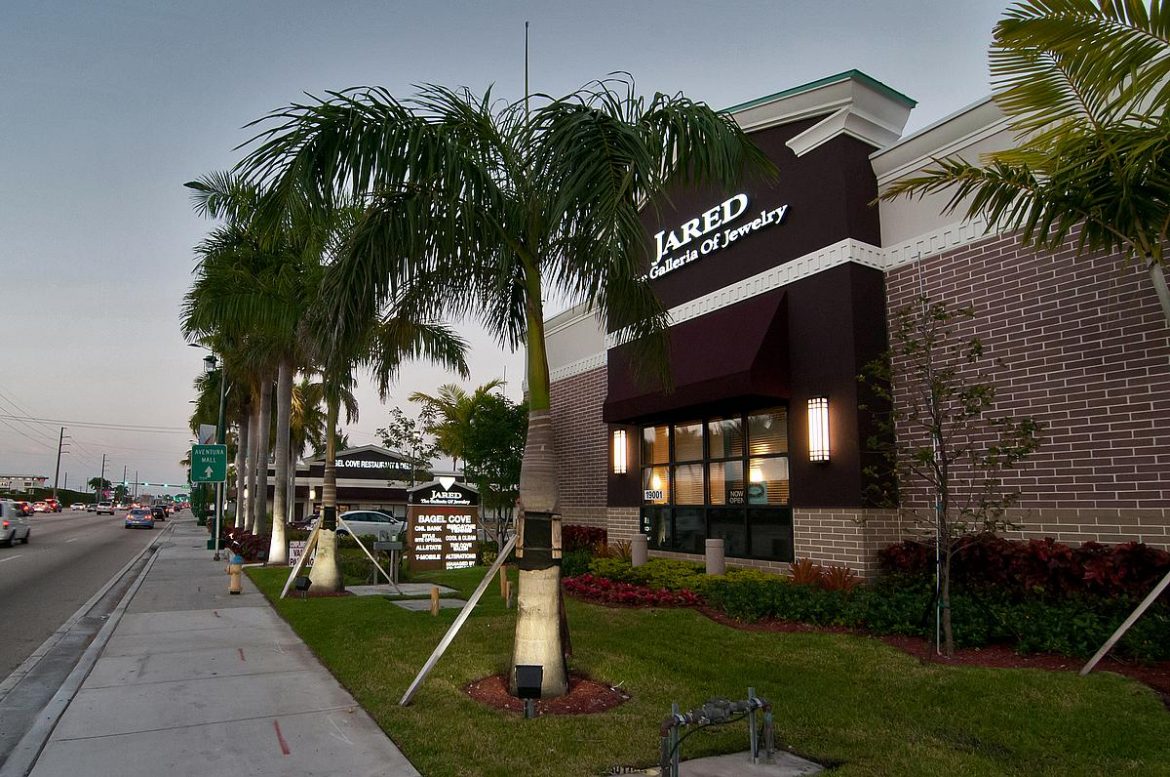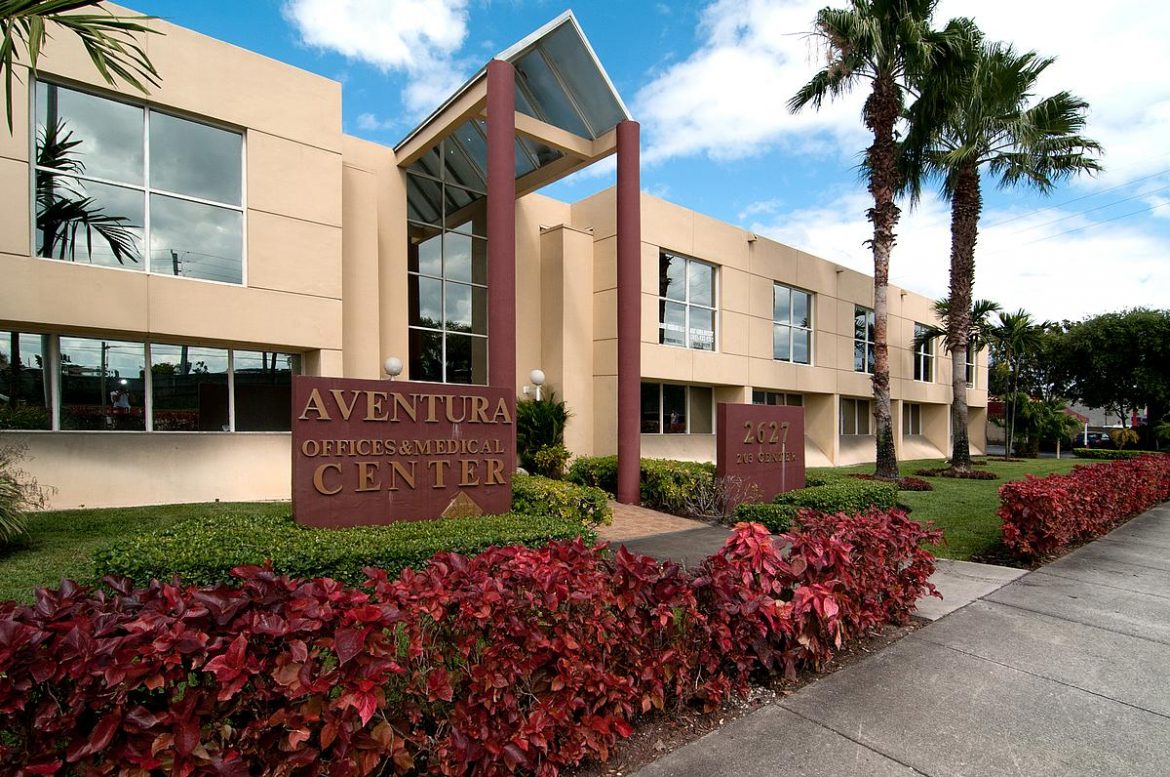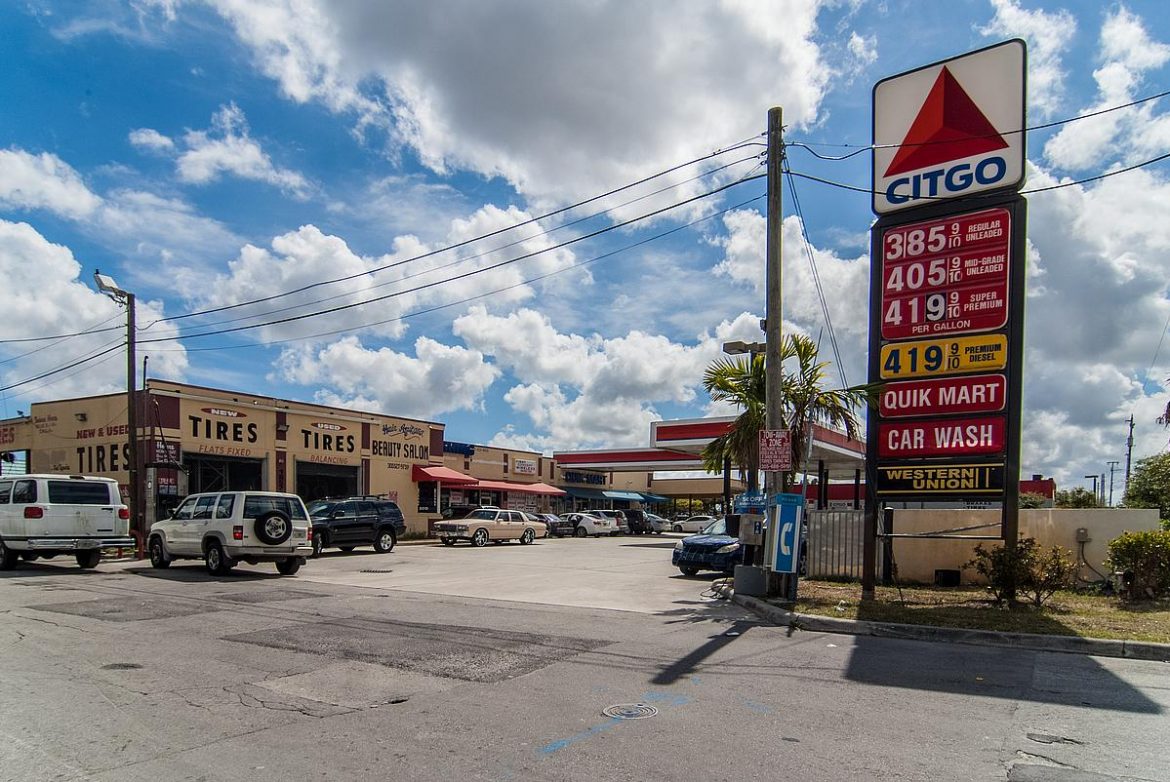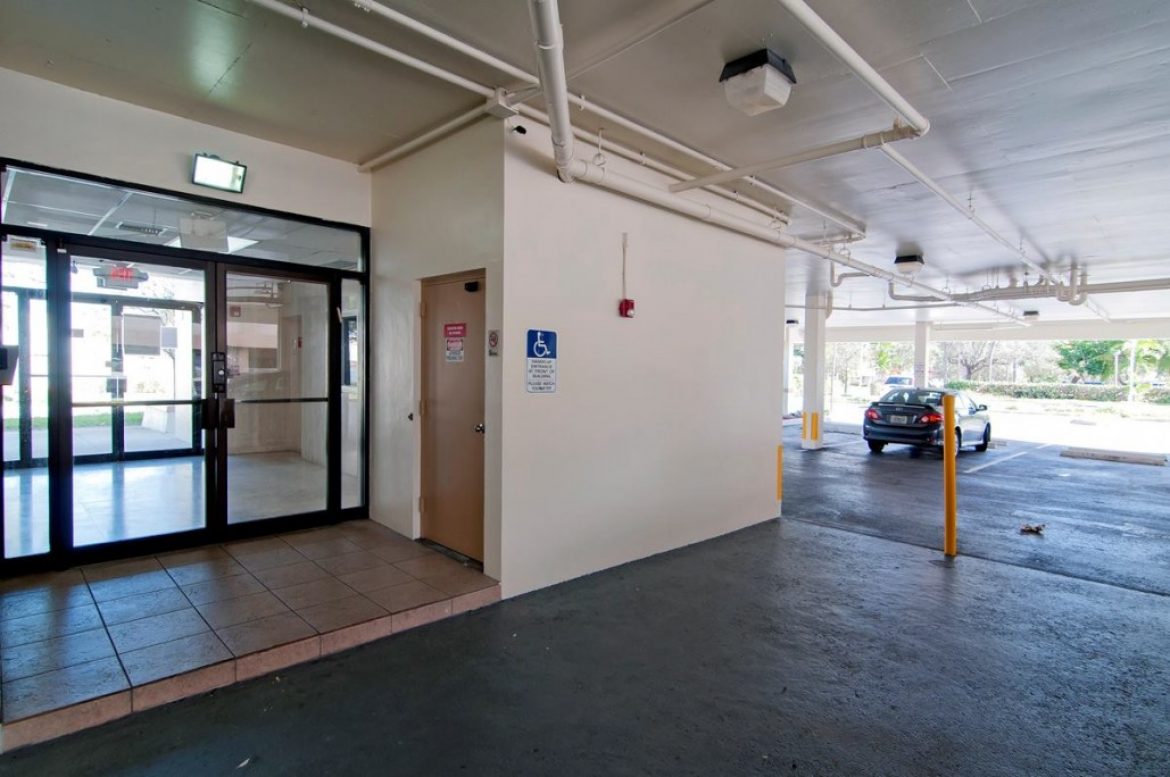There is always a list of must-have priorities for buyers and renters — and they’re willing to pay more for it.
Even in a market partially paralyzed by the pandemic, places with this amenity are getting more looks than those without. Searches for New York City rentals with it are up 270% since before the pandemic started, according to real estate website StreetEasy.
“The number one thing that people are asking for is private outdoor space,” said Cindy Scholz, a real estate adviser at Compass Inc. in New York. “Particularly in rentals, where we have a huge inventory supply right now, the stuff that’s actually moving at a reasonable pace has private outdoor space.”
In New York City, where early coronavirus lockdowns kept residents inside cramped apartments for months, apartments with terraces in Manhattan are selling for 5.4% more per square foot than those sold this year before the pandemic lockdown, according to data from appraiser Miller Samuel Inc. That’s compared with a 1.1% drop in price per square foot for co-ops and condos without terraces.
While rents for apartments without outdoor space in New York have fallen 6%, they’ve only fallen 3% for those listed as having some outdoor space, according to Shane Lee, data scientist at RentHop, an apartment rental website.
In Brooklyn and Manhattan, renters are paying 33% more for two-bedroom apartments with outdoor space, compared with apartments without, according to RentHop. For example, the median two-bed with outdoor space rents for $4,728 in Manhattan, compared with $3,550 for similar apartments without the outdoor space.
Meanwhile, in Chicago, landlords are able to get up to $300 more per month for apartments with outdoor space compared with last year, while prices in the rest of the market haven’t changed significantly since the pandemic started, Lee said.
Ashish Thakkar, a pulmonologist and critical care specialist, has spent months treating Covid-19 patients as he splits his time between Manhattan and Kentucky. In July, he put down a deposit on an alcove studio with a private balcony in New York’s Financial District, knowing that the virus and lockdowns weren’t going away.
With all the uncertainty in the economy, he figured he’d be able to negotiate the price down, but the seller wouldn’t budge as much as he hoped. Still, he went ahead, knowing that he’ll have a place to enjoy, even if he needs to quarantine.
“It’s this novelty of being able to go out at the end of a long day and be on your own balcony, and still be socially distant but still be able to be outside and partake in a little bit of the magic that makes up New York,” Thakkar, 35, said. “It’s the best of both worlds. It makes quarantine that much more bearable.”
Renter interest in New York City has shifted from Manhattan to neighborhoods in outer boroughs including Ocean Hill in Brooklyn and Ditmars in Queens, partially due to the fact that outdoor space is more common outside of Manhattan, Lee said.
Prospective renters and buyers have been especially nit-picky about the types of outdoor space being listed. While landlords might classify a tiny balcony or fire escape as outdoor space, people are really looking for areas that can double as living spaces and are accessible from the same level as the rest of the apartment, Scholz said.
“People are very sensitive now to their environments because it’s going to double as their office,” Scholz said.
Source: NREI
